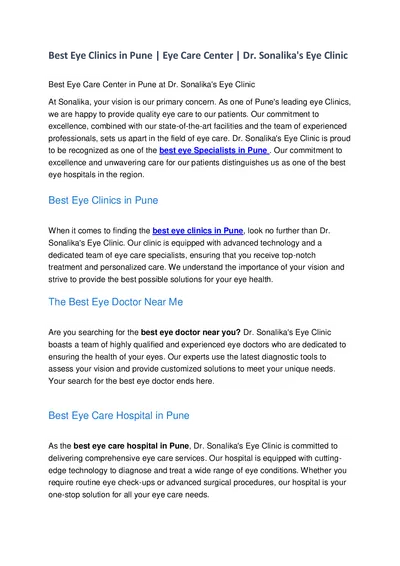PPT-TRIPURA Best Practices:
Author : berey | Published Date : 2024-03-13
Solar powered health facilities amp ASHA programme Best Practices Innovations Health goes green in Tripura with up to 90 of health facilities powered through solar
Presentation Embed Code
Download Presentation
Download Presentation The PPT/PDF document "TRIPURA Best Practices:" is the property of its rightful owner. Permission is granted to download and print the materials on this website for personal, non-commercial use only, and to display it on your personal computer provided you do not modify the materials and that you retain all copyright notices contained in the materials. By downloading content from our website, you accept the terms of this agreement.
TRIPURA Best Practices:: Transcript
Download Rules Of Document
"TRIPURA Best Practices:"The content belongs to its owner. You may download and print it for personal use, without modification, and keep all copyright notices. By downloading, you agree to these terms.
Related Documents














